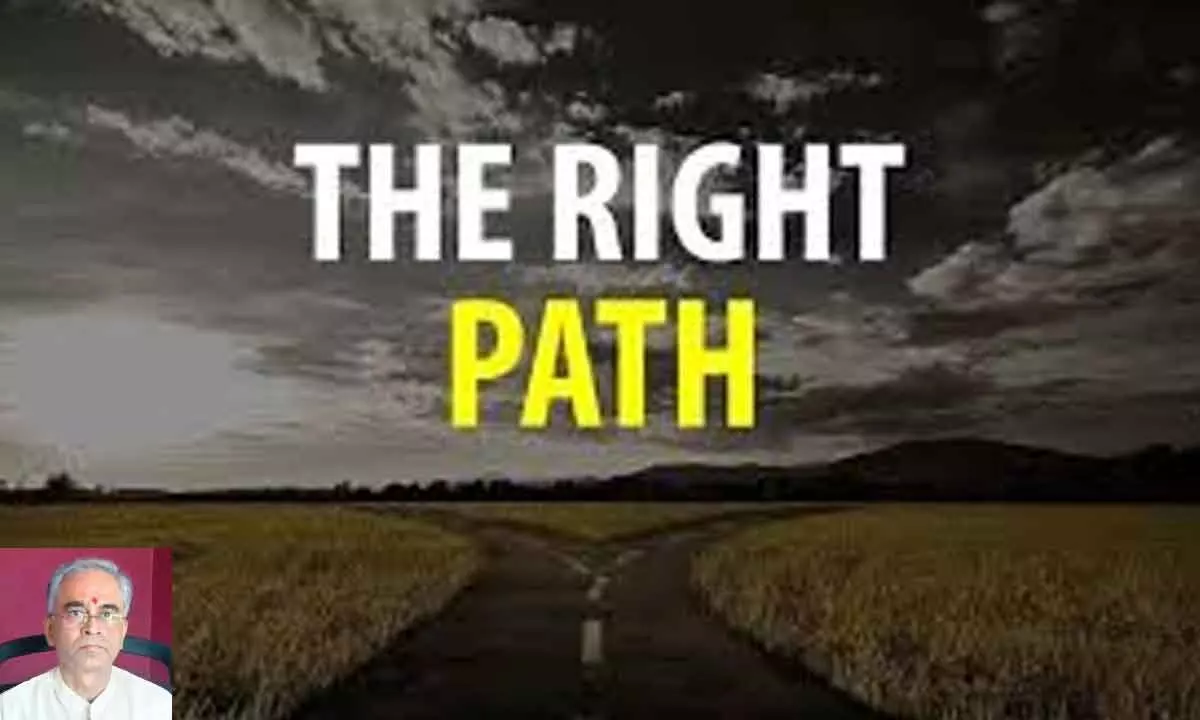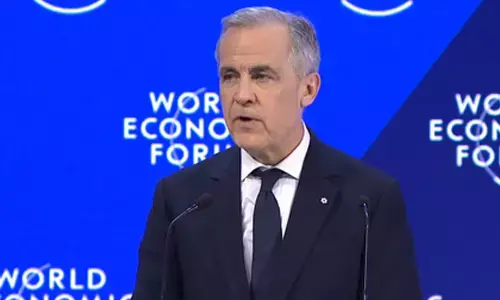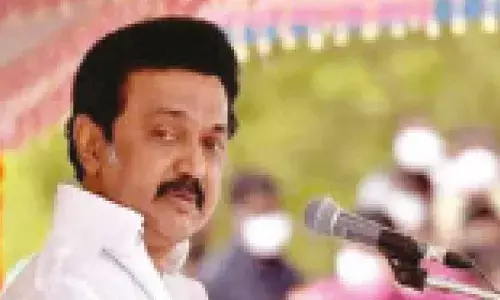Which is the right path?

‘Which is the right path in life?’, Dharmaraja was asked by the Yaksha who had just killed the four Pandava brothers in the well-known story of Mahabharata.
'Which is the right path in life?', Dharmaraja was asked by the Yaksha who had just killed the four Pandava brothers in the well-known story of Mahabharata. Dharmaraja had to give right answers to all the ethical questions asked by Yaksha in order to get his brothers back to life.
'The spirit of dharma is hard to define', answered Dharmaraja. 'Logic has no finality; the scriptures are too many; there is not a single sage whose word is the final authority. The essence of dharma is in the conscience of every human being and the path to be followed is that which is taken by a noble person', he said.
Who is the noble one in society? Who is beyond reproach? Certainly, every society and every culture has identified eminent people who were committed to truth, who have been selfless, who have walked the talk, who transcended the narrow notions of prejudices, and who practiced the right path from the bottom of their heart under trying situations. Surely, such people become the role models for the rest, says Krishna in the Gita.
Dharma can sometimes be situational. There may not be an absolute, inviolable way for all occasions. The sage who wanted to protect the fleeing merchant from the dacoits had a moral dilemma. Had he told the truth that the merchant was hiding in his ashram, the dacoits would loot him and kill him. He deliberated on the situation and gave a vague reply bordering on a half-truth. He saved the life of the merchant.
Dharma can be loosely translated as 'right conduct'. There is no finality about the definition of what is right. The only reliable test for what is right is one's own conscience. In another episode of the Mahabharata, Vidura, the minister for the blind king Dhritarashtra, counsels the king about it. 'O king! Do to others what does not hurt you when others do it to you', he says. But the blind king was literally and metaphorically blind. Metaphorical blindness is the crux of the Mahabharata, and that is the predicament of several humans too.
A practical definition of 'right conduct' is that which holds society together. The Sanskrit word 'dharma' is formed by the root 'dhru' which means 'to hold', 'to sustain'. That which holds society together, holds it from falling apart, is dharma. There can be certain blanket rules for all, such as telling the truth, not aspiring for other's property, non-violence and so on. There can be certain specific rules for some categories, like violence becomes dharma for a warrior who fights. When everyone does his duty, every other person's rights are taken care of.
(The writer is an IPS, Former Director-General of Police united Andhra Pradesh state)















